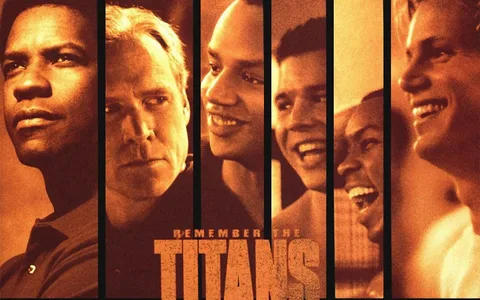It’s only January 2024, and Tamil cinema has already ventured into uncharted territories, delivering films with potent political messages. If Captain Miller shed light on the struggles of an oppressed community pre-independence, Blue Star, set in the late 90s, delves even deeper into societal structures, providing a nuanced perspective.
While Kollywood has seen its share of cricket movies, with offerings like Kanaa and Jeeva addressing sports politics, Blue Star distinguishes itself. The film unfolds in Arakkonam, a suburb of Chennai, introducing two youth groups: the colony people and the village area people. Ranjith leads the colony cricket team, Blue Star, while Rajesh captains the village area team, Alpha Boys. This inherent division leads to discrimination, but when members step outside their communities, they face a shift in power dynamics, prompting a reflection on privilege and identity.
Blue Star’s storytelling is anchored in strong perspectives, as the teams unite to prove themselves in a larger tournament. Ranjith’s ambition to play for his colony, not India, sets a different tone. The film introduces Bullet Babu, a talented batsman with aspirations beyond national representation, highlighting the authenticity of the characters and the societal challenges they confront.
Despite a somewhat familiar storyline, debut director S Jayakumar crafts impactful conversations and characters. Ranjith’s family dynamics, including his talented brother Sam and supportive parents, are intricately portrayed. The love story between Ranjith and Anandhi unfolds naturally, with Anandhi’s cricket insights adding depth.
Noteworthy characters like Immanuel leave an impact, and Shanthnu’s Rajesh undergoes significant transformation, grappling with internal conditioning. The film’s emotional depth is brought to life by the performances of Shanthnu and Ashok Selvan, making each character compelling.
While Blue Star excels in capturing the essence of its setting, including the town’s culture and omnipresent symbols like Ambedkar, it does have its shortcomings. Anandhi’s character goes missing at times, and certain logical flaws, like unaddressed critiques of the cricket teams, create moments of disconnect. The film leaves some questions unanswered in the second half, leading to a sense of incompleteness.
However, despite these drawbacks, the film’s realistic and perspective-driven storytelling triumphs. Blue Star uses cricket as a metaphor to explore societal issues, reminding the audience of the innocence and acceptance often lost in the complexities of society.



